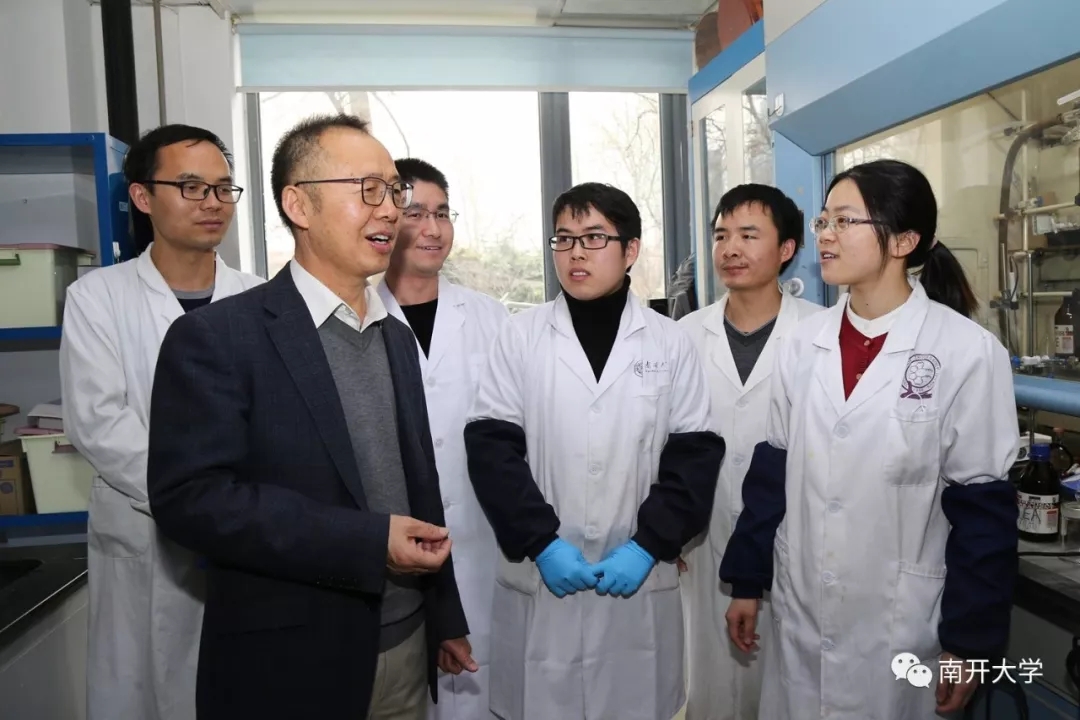In the morning of January 10th, the awarding ceremony of the State Preeminent Science and Technology Award set up by the CPC Central Committee and State Council was held in Beijing. President Xi Jinping, Premier Keqiang Li, Huning Wang, Zheng Han and other party and state leaders were present at the ceremony and delivered the awards to the representatives of winners. President Xi Jinping presented the award to the winner of China’s top scientific honor.

The project “High Efficient Chiral Spiro Ring Catalyst” led by Prof. Qilin Zhou, CAS academician and professor of Nankai University’s College of Chemistry, won the first prize of the State Natural Science Award. It is also the only project that wins the first prize of the State Natural Science Award this year.
The work of the academician Qilin Zhou’s team is mainly to find or design new and more efficient chiral catalysts in the field of asymmetric catalysis. After 20 years of continuous efforts, academician Prof. Qilin Zhou led the team to develop a new type of chiral spiro catalyst framework, based on which a series of chiral spiro catalysts were designed and synthesized. This series of catalysts are the most efficient chiral molecular catalysts so far. The synthesis efficiency of chiral molecules has been raised to a new level by chiral spiro catalysts, which has changed people’s cognition of the limit of artificial catalysts.

In the process of developing chiral spiro catalysts, academician Prof. Qilin Zhou’s team also developed systematically the design method of chiral catalysts, and put forward the design idea of “rigid framework improving the ability and stability of chiral induction of catalysts”, which provides a theoretical basis for the development of new chiral catalysts. The chiral spiro ring catalyst makes many asymmetric catalytic reactions from “impossible” to possible, and expands the field of asymmetric catalysis.
Chiral spiro catalysts have been widely used. The series of chiral spiro ring catalysts have been listed in the international famous list of reagents, and have been used in more than 200 asymmetric reactions, and in the production of a number of chiral drugs. The development of synthetic chemistry has been greatly promoted by chiral spiro catalysts.
(Translated by Yuchen Shi, Edited by Davide Francolino and JianjingYun)